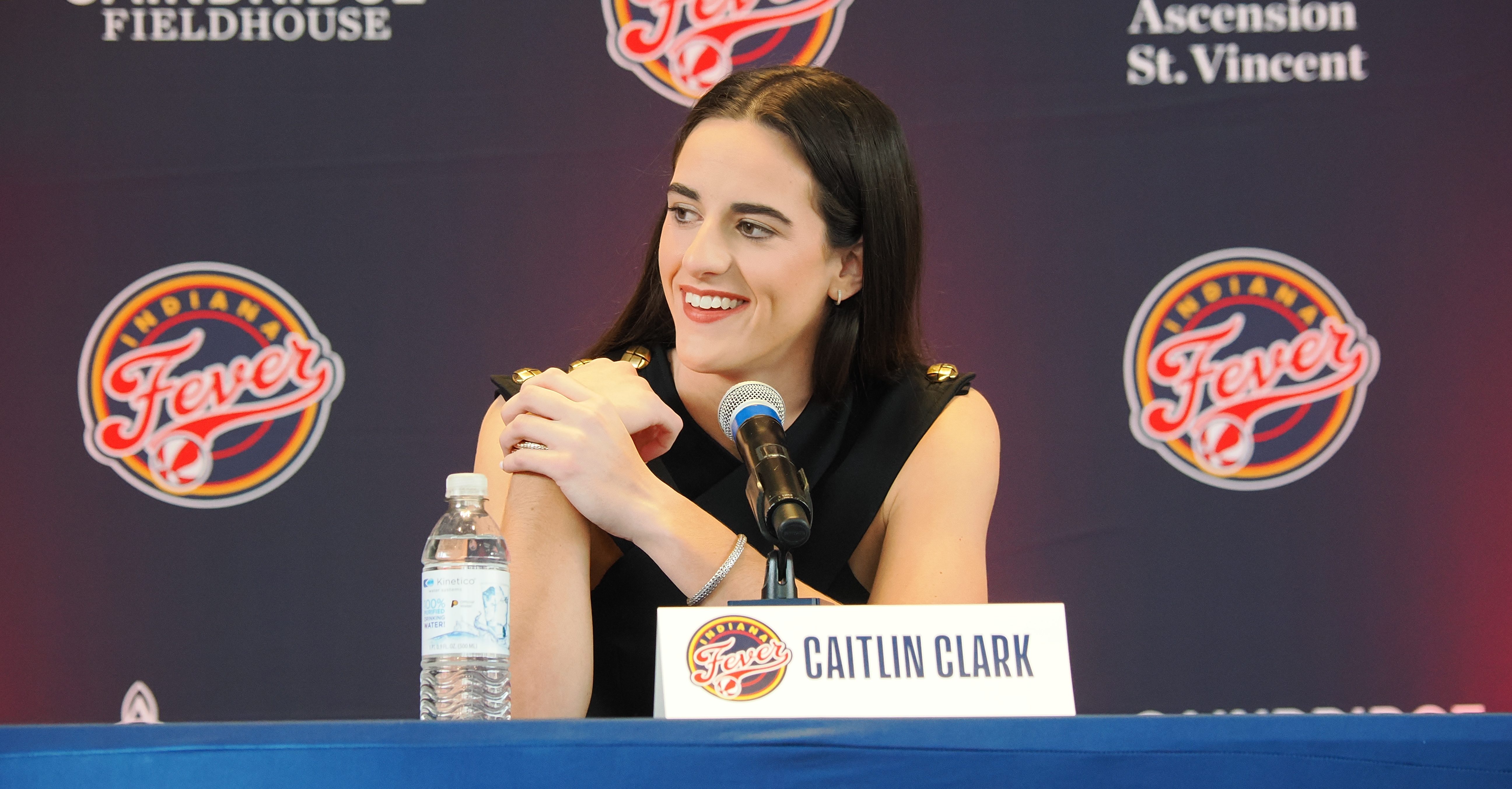It was 1924 and the Olympics were being held in Paris. That’s when a 19-year-old woman from New York City emerged on the world stage. She was a swimming phenomenon and the Olympics were just the beginning of a fantastic career.
Her name was Gertrude Ederle, known as Trudy by her friends and fans. Her father was a butcher, a German immigrant who owned a shop on Amsterdam Avenue. Her mother, Anna, taught Gertrude how to swim at the summer cottage they owned in Highlands, New Jersey. Gertrude was a natural. She loved the water and fell in love with swimming as a toddler.
At the 1924 Olympics, Ederle won a gold medal and two bronze medals, setting a world record time of 4:58:08 in a relay race. When Ederle turned pro in 1925, she had 29 world and U.S. records.
Then she undertook the athletic challenge of her life -- the swim across the English Channel. As New York Times writer Richard Severo put it, Ederle became a symbol of the Roaring 20’s, a darling of the American public with as much clout as Babe Ruth, Jack Dempsey, Bill Tilden and Red Grange.
She entered the world of long-distance swimming. As a protégé of the Women’s Swimming Association, she concentrated on swimming the English Channel, a feat accomplished by five men but never by a woman. She failed in her first attempt to swim the channel. But, on the morning of Aug. 6, 1926, at Cape Gris-Nez in France, her face covered with sheep grease, she began another effort to swim those rough waters, sponsored by the N.Y. Daily News and the Chicago Tribune. During her 12th hour at sea, Tom Burgess, her trainer, became worried about the fierce winds blowing down at the swimmer. He called: "Gertie, you must come out!" Ederle lifted her head from the choppy sea and answered: "What for?" And she continued, ignoring him.
It was tough going. But her supporters on an accompanying tugboat tried to keep up her morale. They read letters from her mother and her father promised to buy her a red sports car if she kept swimming. Her sister sang popular songs to her. And she herself sang "Let Me Call You Sweetheart" to the beat of her strokes.
Finally, Ederle walked up the beach at Kingsdown, England after 14 hours and 39 minutes, a 35- mile trip. She had beaten the best men’s time for the swim by about two hours. An English official asked to see her passport.
Sports
When she returned home, she was honored with a ticker-tape parade. An estimated 2 million people turned out. They yelled "Trudy! Trudy!" She had to be rescued from the enthusiastic crowds by being pushed into Mayor Jimmy Walker’s office. She was deluged with marriage proposals.
President Coolidge received her at the White House, calling her "America’s best girl." Over the years, she joined a touring vaudeville act for a short time. She was briefly engaged to one man but he disappeared and she never got as close to marriage again.
She suffered after a freak accident. She slipped on some broken tiles in her apartment building and was in a cast for four years. But she disliked articles that tried to make her into a sympathetic figure. She told the Times in 1956: "Don’t weep for me, don’t write any sob stories."
In her later life, she lost much of her hearing but managed to spend many productive years teaching swimming to children at the Lexington School for the Deaf.
She died at a nursing home in Wyckoff, N.J. in 2003. She was 98.
By the end of her life, few New Yorkers could remember her. But Gertrude Ederle was a strong and determined woman, a classic New Yorker, with the grit of a champion. She called herself "a water baby" and her happiest moments were spent between the waves.



